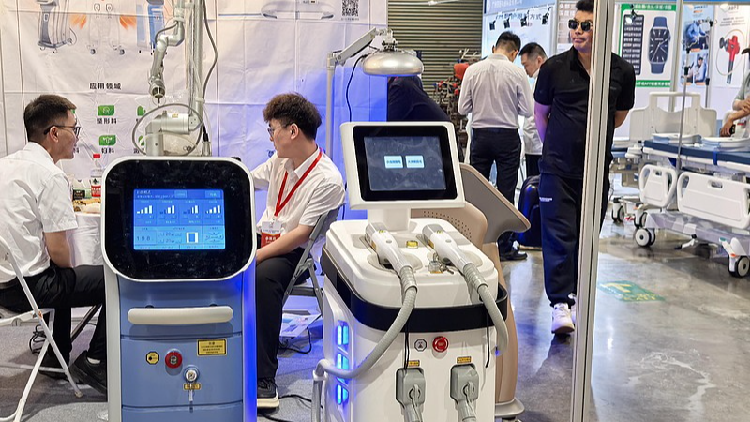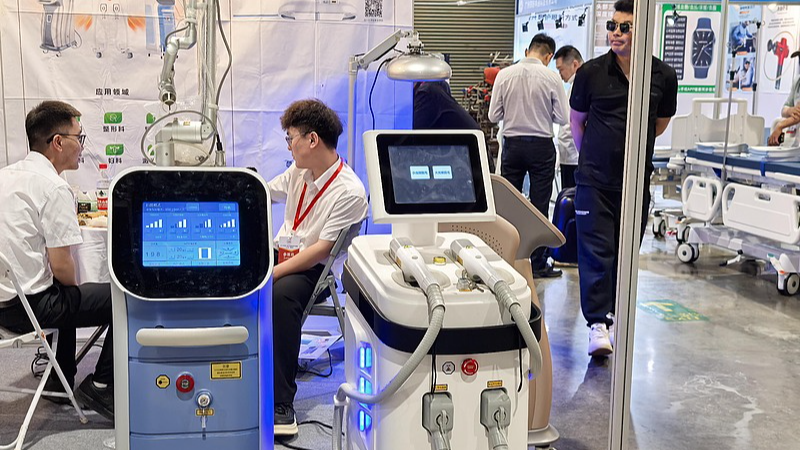China Chamber Criticizes EU's Discriminatory Restrictions on Medical Device Companies
China Chamber of Commerce condemns EU's ban on Chinese firms bidding for medical device contracts over 5 million euros.


The China Chamber of Commerce to the EU (CCCEU) has expressed strong opposition following the approval of new restrictions by European Union member states that block Chinese companies from bidding on public procurement contracts in the medical device sector. The restrictions, which apply to contracts valued above 5 million euros (about $5.72 million), will remain in force for a period of five years under the bloc’s International Procurement Instrument (IPI).
In a statement released Monday, the CCCEU described its “profound disappointment and serious concern” regarding the move, warning that such targeted exclusion of Chinese enterprises from the European market sends a troubling signal to the international business community. The chamber emphasized that these measures introduce “new complexity to China-EU economic and trade relations,” and stand in stark contrast to the EU’s self-professed commitment to openness, fairness, and non-discrimination.
The IPI was established in 2022 as a policy mechanism to promote what the EU calls “market reciprocity” in public procurement. However, the CCCEU contended that real reciprocity requires “an accurate understanding of historical and practical realities.” According to the chamber, European medical device firms have enjoyed broad access to China’s growing healthcare market for many years, a fact they believe is not reflected in the latest EU decision.
“The EU’s current decision fails to acknowledge this context and undermines the spirit of balanced engagement and mutual benefit,” the statement said. The CCCEU further cited concerns over a rise in protectionist sentiment globally, pointing to recent unilateral tariff actions by other nations that have disrupted the flow of international trade. The chamber urged that, as two major global economies, China and the EU should act together to support free trade and multilateral cooperation, rather than imposing new barriers that risk fueling further tensions.
The CCCEU also highlighted the longstanding compliance of Chinese firms with legal and regulatory standards across the EU, noting their significant contributions in terms of investment, technological advancement, and job opportunities throughout the region. The chamber argued that moves to exclude these companies could ultimately work against the EU’s own interests.
In closing, the CCCEU called on European policymakers to reconsider both the necessity and potential long-term consequences of the IPI measures. It warned that employing such tools as de facto trade barriers could not only undermine bilateral ties between China and the EU but also hinder efforts toward a global economic recovery. The chamber reiterated its hope for renewed dialogue and a more constructive approach to international economic relations.




